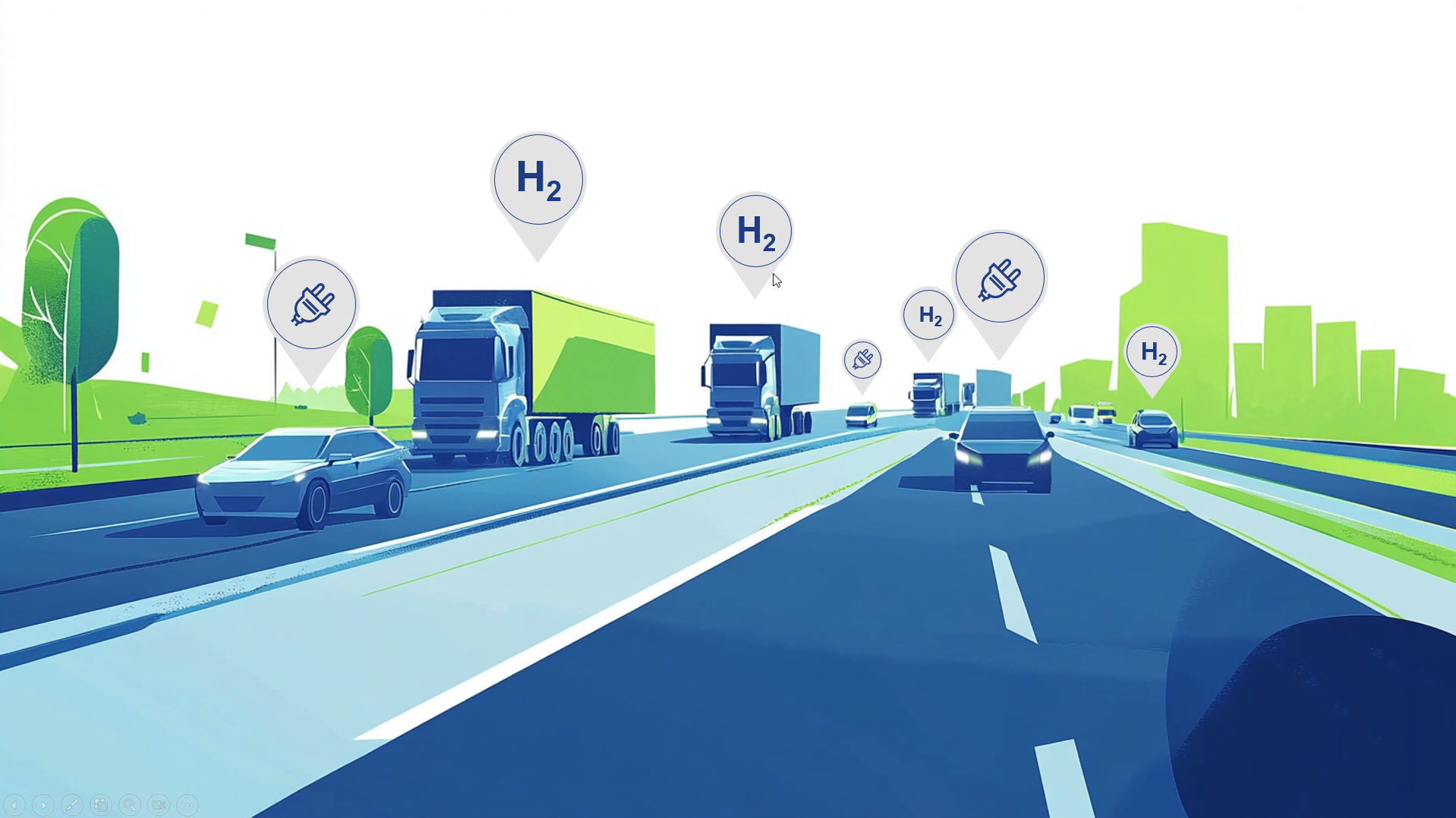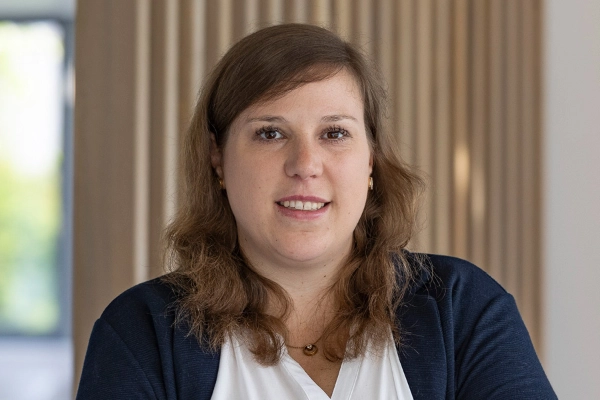Together with Heraeus Precious Metals and Johnson Matthey, two of the leading companies in the precious metals industry, the IPA published its position paper “Fuel Cell Vehicles to Boost European Competitiveness and the Green Deal”. The platinum group metals experts outline where support is required to secure Europe’s competitive position in FCEVs, meet Europe’s 2030 zero-emission vehicle goals, and ensure a more achievable, resilient, and sustainable path to zero-emission mobility by 2050.
“Platinum group metals (PGMs) are indispensable in the energy transition,” explains Philipp Walter, Executive Vice President of Business Line Hydrogen Systems at Heraeus Precious Metals. “To secure the scale-up of green hydrogen, we need a stable supply of PGMs which requires management measures for the PGM supply chain.”

The European Green Deal and Sustainable Mobility Strategy sets ambitious targets for transport emission reduction. While it calls for the deployment of zero-emission road vehicles (ZEVs), the reality is that deployments are heavily skewed towards BEVs, with FCEVs only seen as a longer-term necessity, particularly in the passenger vehicle segment.
In its paper, the association outlines three key reasons why the timely development of the FCEV market is required:
- Focusing support solely on BEVs imposes a high risk of supply chain bottlenecks. This is particularly true for critical metals such as copper, nickel and lithium.
- By investing in the development of its FCEV market, Europe would capitalize on existing, home-grown technology and supply chains, create more local jobs and prevent other countries from outcompeting Europe.
- Developing FCEVs would secure the continued supply of iridium, which, together with palladium and ruthenium, is only available in its primary form as a by-product of platinum mining. Platinum is currently in high demand for use in catalytic converters but needs a replacement market for the future.
Alastair Judge, Chief Executive, Platinum Group Metal Services at Johnson Matthey, said: “Platinum Group Metals have a crucial role in the energy transition, and we need the correct policies in place to make optimum use of these finite resources. Supporting the growth of both FCEVs and BEVs will allow for the sustainable development of clean hydrogen technologies and provide the necessary confidence in the market to continue investment in PGM mining.”
Investment in FCEVs also makes economic sense when considering the full picture. For example, although building hydrogen refuelling stations may appear costly compared to using the existing grid for BEVs, replacing many existing vehicles with BEVs would require substantial and expensive upgrades to the grid and recharging infrastructure.
The paper concludes that the energy transition in Europe needs a two-track strategy, with deployment of FCEVs prioritized alongside BEVs. But while the ramp up of BEVs has seen substantial public and policy support in the last decade, the same is not true for FCEVs. The industry calls on policymakers to support their recommendations and urgently create a level playing field for FCEV manufacturing and refuelling infrastructure.
The high-level summary paper can be found here and the full paper with supporting detail can be found here.
About Heraeus Precious Metals
Heraeus Precious Metals is globally leading in the precious metals industry and covers the value chain from trading to precious metals products to refining and recycling. It has extensive expertise in all platinum group metals as well as gold and silver.
With more than 3,000 employees at 17 sites worldwide, Heraeus Precious Metals offers a broad portfolio of products that are essential for many industries such as the automotive, chemicals, semiconductor, pharmaceutical, hydrogen and jewelry industry.
The company is part of the Heraeus Group, a family-owned global technology group headquartered in Hanau, Germany.
About IPA
The International Platinum Group Metals Association (IPA) is the global association representing leading mining, production and fabrication companies in the platinum group metals (PGMs) industry, comprising platinum, palladium, iridium, rhodium, ruthenium, and osmium. PGMs are indispensable metals in many innovative technologies including catalysts, hydrogen generation and fuel cells, and drivers of the green energy transition.
IPA provides a platform to address issues of common concern and to jointly engage with stakeholders at the international level. The Association, founded in 1987 and based in Munich, Germany, represents over 80% of the global PGM industry.
About Johnson Matthey
Johnson Matthey is a global leader in sustainable technologies. For over 200 years we've used advanced metals chemistry to tackle the world's biggest challenges.
Many of the world's leading energy, chemicals and automotive companies depend on our technology and expertise to decarbonise, reduce harmful emissions and improve their sustainability.
And now, as the world faces the challenges of climate change, energy supply and resource scarcity, we're actively providing solutions for our customers. Through inspiring science and continued innovation, we're catalysing the net zero transition for millions of people every day. For more information visit www.matthey.com.
